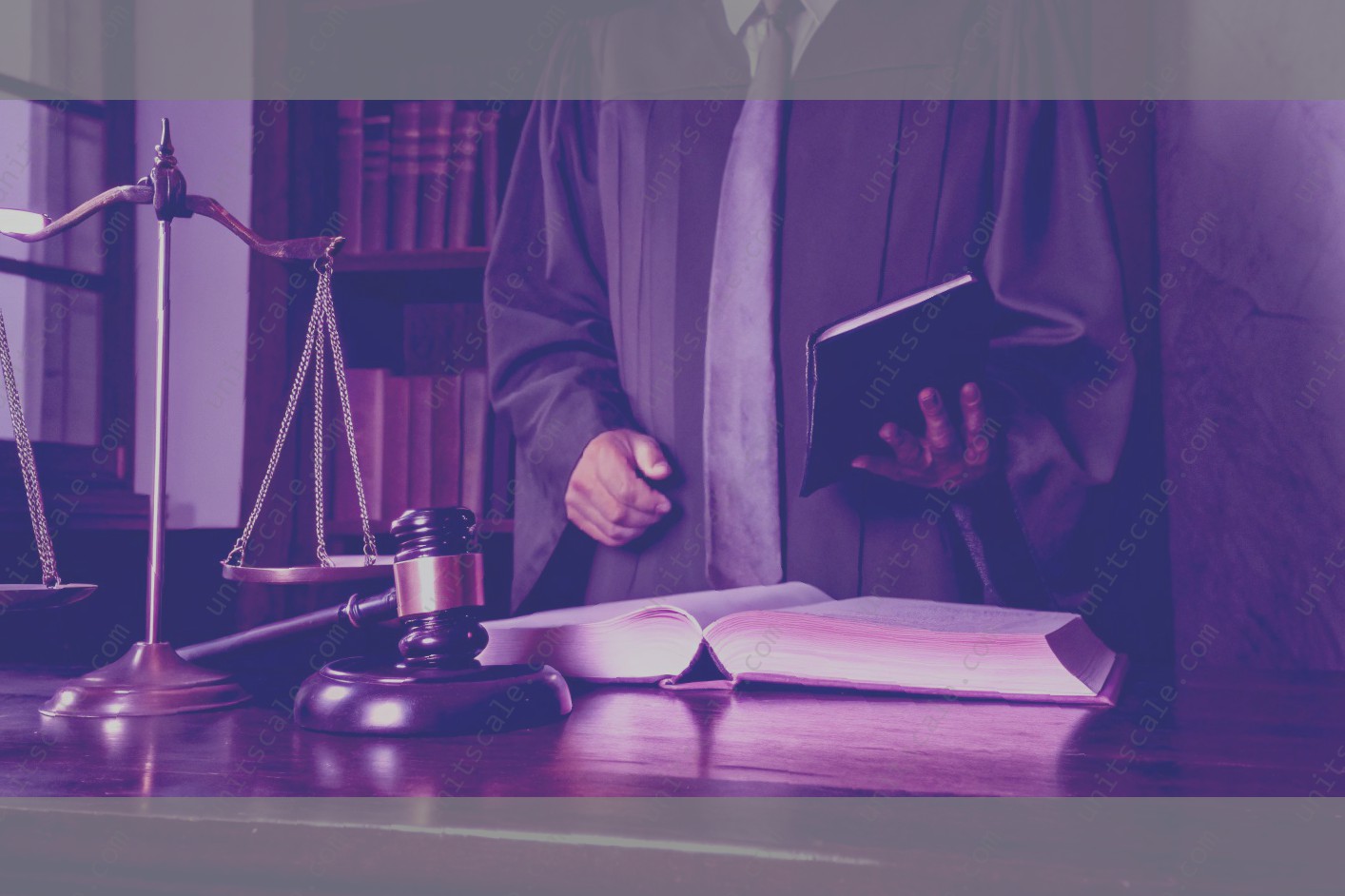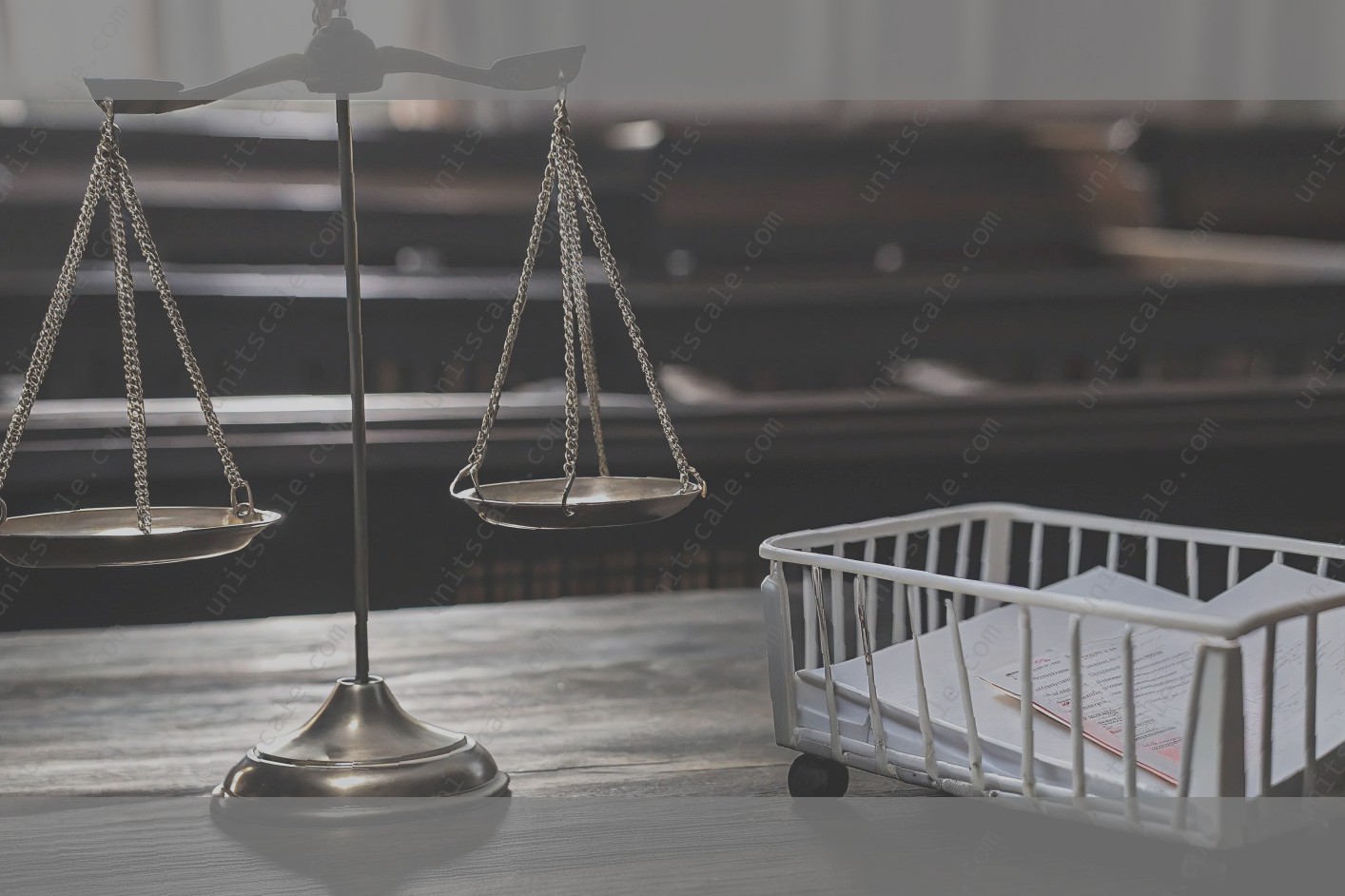What is the Purpose of a Lease Contract Lawyer?
The primary responsibility of a lease contract lawyer is to help clients navigate the complicated world of lease agreements. As a trusted advisor, your primary role in this context will be to draft, review, and negotiate lease agreements. Most clients will have a commercial or business goal in mind when they come to you and it’s your job to get them there. Your clients rely on you to have expert knowledge of the law of your jurisdiction, as well as an understanding of your client’s business interests. Your expertise will allow you to advise your clients on how best to draft, revise or negotiate the terms of the lease agreement in question.
Your client’s expectations of you will likely be:
As a lease contract lawyer, you typically act for two types of clients: landlords and tenants. Landlords tend to be commercial lenders, corporations with large portfolios of leased space, landlords with significant portfolios of rentals or high-end luxury properties , landlords looking to buy new properties and investors looking to secure new investment properties. In all these cases, the landlord’s expectation will be that you can review a lease agreement quickly and spot any potential issues in the agreement that may cause a problem down the line (e.g. a clause that allows the tenant to make any changes to the premises without the landlord’s approval). Long term, the landlord will want to ensure that the terms of the lease agreement are fair to both parties (e.g. shared costs or a percentage increase in rent over time).
Tenants typically are composed of owners, managers or principal representatives of larger commercial enterprises looking for a new property or new leases in a specific location. It is not uncommon for larger enterprises to have their own in-house counsel who will draft and negotiate the deal with you. In this case, your role would be to advise your client that his corporation has to pay for your legal services – or to provide your services to the in-house counsel at the instruction of your client.
The Advantages of Hiring a Lease Contract Lawyer
The benefits of hiring a lease contract lawyer include the ability for a third-party professional to effectively address issues regarding a tenant, tenant improvements, building service performance issues, land use or zoning concerns, and other obligations outlined in the lease agreement. In failed transactions, with in-depth review and analysis of the circumstances, a lawyer experienced in commercial leasing transactions can provide guidance on how to best pursue active claims or as lessor or lessee to successfully exit each agreement. In circumstances when it is necessary to litigate an eviction or remove a tenant’s personal property, a lease contract lawyer can play a key role in implementing a successful strategy to mitigate losses and avoid litigation with a tenant. In successful transactions, lessors and lessees can minimize future disputes, maintaining ongoing business relationships, and minimize potential future liability by having an experienced attorney review and negotiate the terms of the lease agreement with a commercial tenant or landlord prior to signature. A commercial lease contract lawyer has the expertise to make sure that each component of the agreement is negotiated in favor of party’s goals, whether that involves negotiating favorable terms, specific landlord and tenant obligations, and properly defining and binding the parties to each aspect of the agreement.
Frequently Seen Issues with Lease Contracts
Lease contracts can be fraught with potential issues and disputes which usually need legal expertise to resolve. For instance, many businesses often have serving equipment of various sizes. These might include various types of commercial ovens or refrigerators, large coffee makers, or other appliances. Sometimes a lease will say that the lessee is responsible for maintenance. Others may say that the lessor is responsible for maintenance. If the equipment fails to function, it can bring the business to a halt if that system is critical to its operation. The disagreement over who is responsible can lead to disputes and actions against the leaseholder. If there is a dispute as to who is responsible for a broken piece of machinery, that can lead to serious uncertainty for the business.
Another common dispute happens over ambiguous terms in the lease agreement. For example, the lease may say that there is a repayment of any increased costs of utilities if such costs are not included in the rent. If the cost goes up 2 cents per kilowatt, the parties may disagree as to whether that qualifies as "increased costs" or if such an increase is significant enough to warrant aerating the adjustment. This sort of issue can be detrimental to meaningful budget planning.
Another common problem is a disagreement as to the costs of making repairs. For example, the lease might say that if a piece of machinery needs a repair, either the lessor or lessee is responsible for paying the repairman’s fees, but does not specify whether either party is also responsible for paying for the repairman’s trip from his offices to the work location prior to the repair. This can create a practical headache.
Finally, leases often have early termination clauses. That is, they specify that either party can terminate the lease at a date specified in the future. If that date is not specified in advance, and instead merely left up to the opinion of either party, that sometimes leads to serious misunderstanding. Suppose one party feels that a contract is not economically advantageous due to an increase in electricity costs, and so terminates the contract on one month’s notice. The other party may suddenly be up to $30,000 short on their balance sheet before they realize that the contract was terminated.
Where to Find the Ideal Lease Contract Lawyer
When searching for the right lease contract lawyer, there are several factors that should be considered. For example, consider each candidate’s credentials and professional experience. In addition to relevant education, take the time to learn about any continuing education in the area of real property law. Attorneys who invest significant time in furthering their education demonstrate their commitment to keeping up with the latest changes, laws and trends in the real estate industry.
Furthermore, if you feel you may need to pursue litigation over any lease contract matters, you will also want to know about a lease contract lawyer’s litigation experience. For example, have they litigated recently or is most of their work in mediation or transactional law? Asking such questions can help identify whether you have the right lawyer for your real estate dispute.
Also, when selecting a lease contract lawyer, take into consideration how long the person has been practicing . Someone with a lot of experience is more likely to have gained some recognition for their efforts over time. Client reviews, awards and recognitions in local publications and other honors received by the lawyer can all help you to assess their skills and experience. You may even ask them to elaborate on their certifications and experience in this area.
As you weigh your options, you may also wish to evaluate a lease contract lawyer’s membership in professional legal associations, such as the National Association for Lease Lawyers, the International Association of Contract & Commercial Managers and the Association for Corporate Growth. These associations offer valuable resources that can help your lawyer even further stay in touch with the latest real estate industry trends.
Consider these factors before selecting a lease contract lawyer to give yourself the best chance of a successful outcome.
Inquiries to Make of a Lease Contract Lawyer
Clients should ask certain questions of any lease contract lawyer they are considering hiring. For example, clients should inquire if the lawyer regularly provides free consultations. Those who do on a regular basis may more likely be confident and competent working in this area of the law. Clients should also ask how long the lawyer has been practicing, and what type of cases he or she has handled – particularly those that are similar to the current situation. If possible, clients should request references or reviews from previous clients. They also might ask how the lawyer gets paid. For example, some bill by the hour while others operate on a fee schedule. Though the above questions are no guarantee the client will ask the right questions, they do give a place to start.
Fees for a Lease Contract Lawyer
When it comes to hiring a lease contract lawyer, it’s essential to have a clear understanding of what you can expect in terms of costs. In the legal field, there are several pricing structures, and your lawyer should be able to clearly articulate what these are before you begin your working relationship.
The most common pricing structures include:
Word Count: Above all, the word count is what drives the cost of any legal document. This will almost certainly mean that the final cost will be based on the number of words contained in the lease contract, whether it will involve drafting a new lease entirely from scratch or reviewing the terms of a pre-existing lease.
Hourly Rates: This is the most common rate that most lawyers and firms charge . This is especially the case if you are dealing with a very specific or complex legal request that requires extensive research and knowledge. The hourly rate varies by firm, but the average is between $250 and $500 per hour.
Fixed Rate: Some lawyers will charge fixed rates, meaning that instead of charging you on an hourly basis, they may agree to a rate that represents the expected amount of time associated with the project.
Contingency Rate: Certain circumstances surround lease contracts and disputes that may allow for a contingency fee structure. However, this is a clear exception to the rule rather than the standard by which most costs should be determined.




